8 czerwiec 2008
Patronage in all its dimensions
I am counting on a twenty percent increase in expenditure on culture to the end of the parliamentary term 2005-2009. Another important task is creating a stable legal environment which will support the development of culture, including amending the law on copyright. I would like to increase the level of investment in museums, an area particularly affected by budget cuts in the last years. Of course, I also wish to be active in developing the history policy, an important part of which is to be the creation of the Museum of Polish History – Freedom Museum – saying Kazimierz M. Ujazdowski.


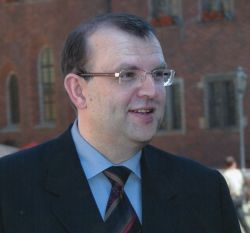
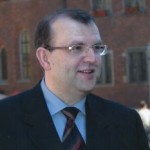






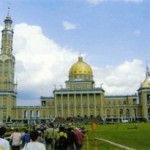
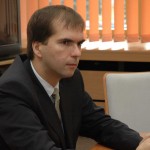

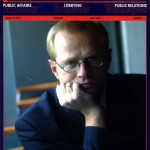

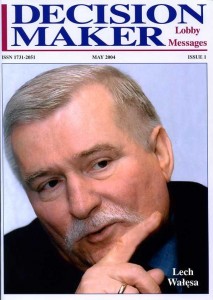

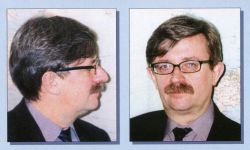
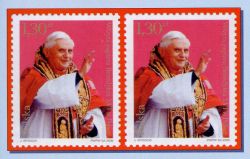
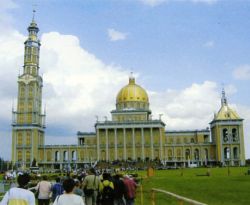
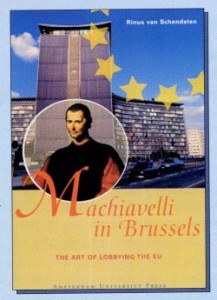

FROM THE EDITOR
The way we are
Poland still does not have significant export products in influential sectors and technologies, but the fundamental changes were implemented in Polish mentality. We know what democracy means. więcej...